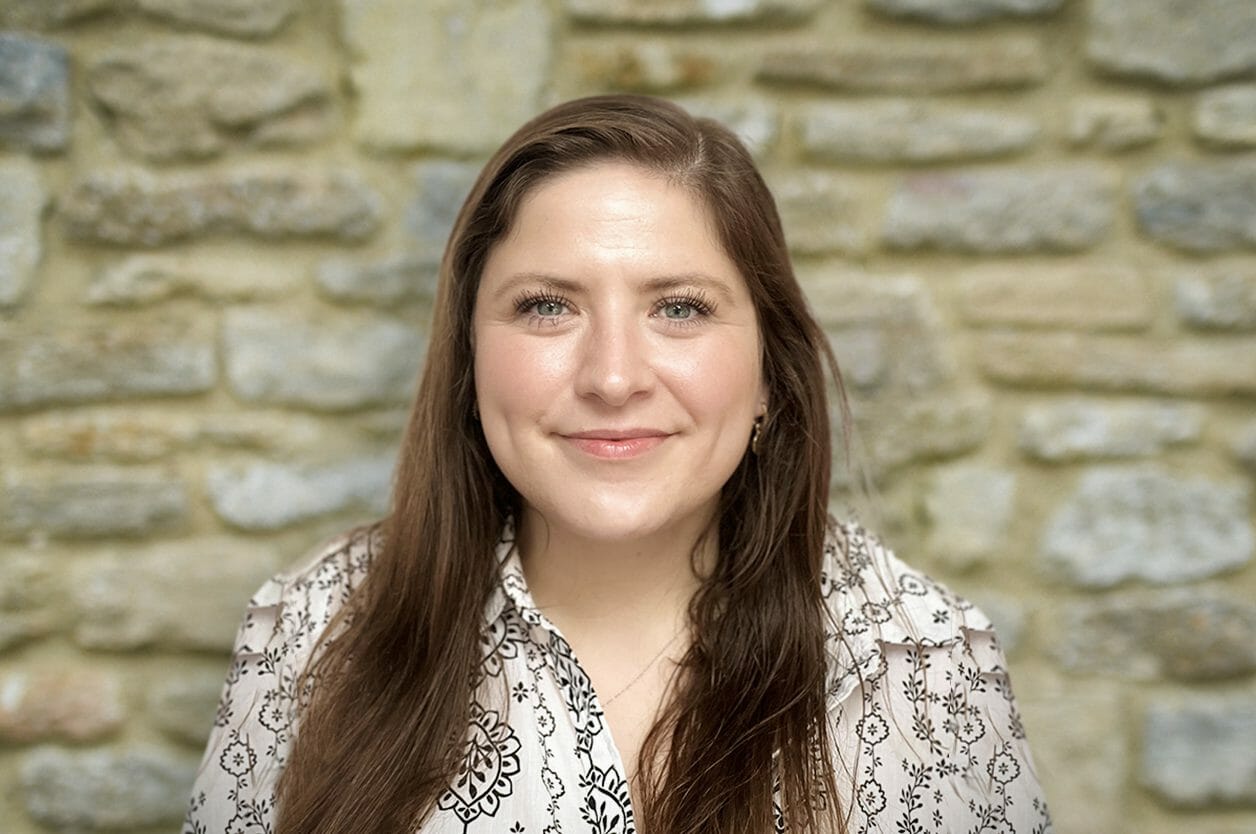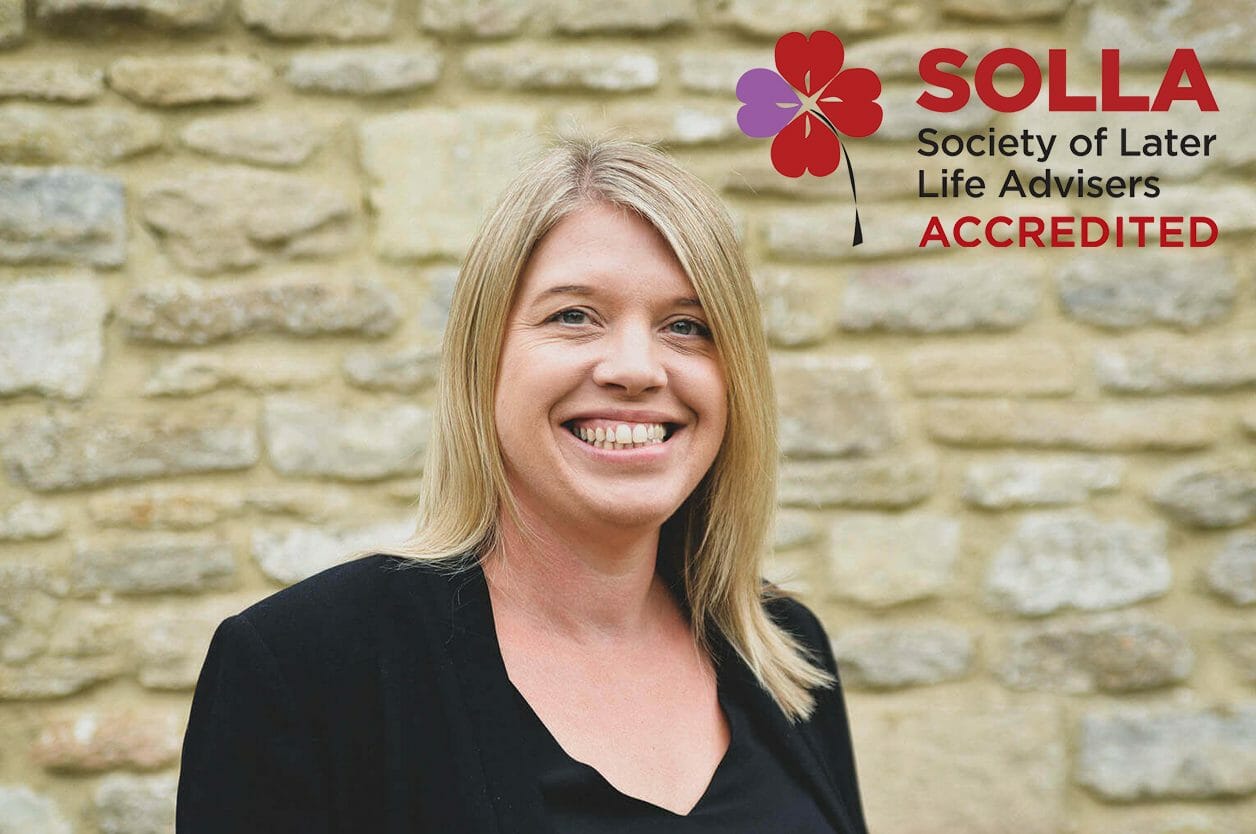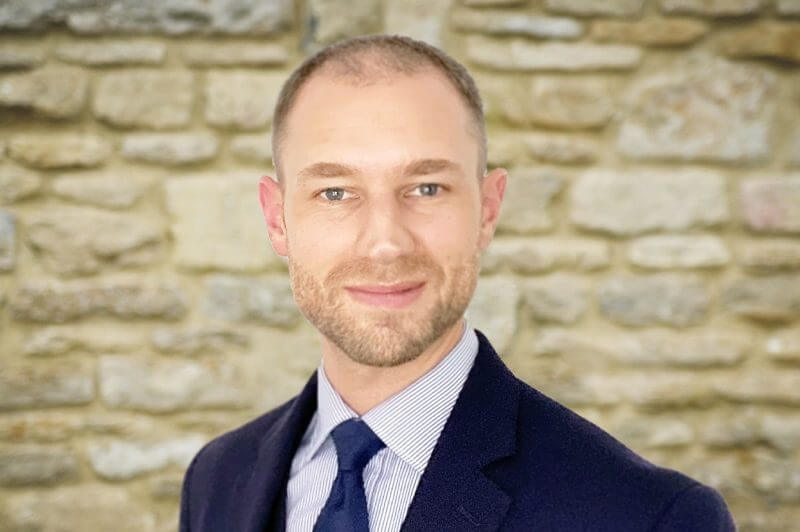London-based Chartered Financial Planner Sophie Haslehurst discusses the importance of having a Power of Attorney in place, and what could happen if you do not have one.
Have you thought about what will happen when you can no longer make decisions for yourself? This is not something we find many people like to think about before it happens, and are often too late to plan ahead which could cause difficulties in your financial planning arrangements.
A Power of Attorney (POA) enables a family member or friend to represent your interests and make important financial or medical decisions for you. Some people think that the POA means they have automatically handed over control to another person – this is not true. The POA can start immediately or can kick in when you are no longer able to act in your own best interest, and can be a temporary measure.
Power of Attorney in Practice
Laura and her father, Robert, have been clients of mine for many years and during that time, we have had many meetings where we have talked about the family and Robert’s interests if he were not around anymore or unable to make decisions. Robert has always been a forward thinker, and in the early 2000’s sold his family business and invested within several Trusts for the benefit of both of his children.
During our discussions back in 2018, we talked about updating their POA, as Robert was always keen to make sure that he had support in managing things before he could no longer decide for himself.
During lockdown, Robert’s lifestyle became a little more insular and as he approached his 90th birthday, he started to lose the ability to focus for the length of our meetings and commented that he was not as ‘on the ball’ as he used to be, which both Laura and I noticed. He continued to live at home with his wife, Sharon, until late 2022 when a formal diagnosis confirmed that they would need to move into a care home for further support.
Luckily, because we had already revisited the Power of Attorney in 2018, ensuring they were correct and registered with The Court of Protection, I have been able to work with Laura to ensure that all day-to-day management of the various accounts that Robert’s and Sharon hold are taken care of – for example, ensuring we have sufficient funds to pay the cost of their
care home and managing their investments in line with their wishes. Robert and Sharon were also trustees on their trusts, so we were able to plan ahead and remove them while they still had the capacity to do so. After the move into their care home, we still include Robert in decision-making as he can continue to participate in conversations, but he does not have to worry about the administration that comes with having various accounts, along with selling their former home.
Having the POA in place meant Robert had the peace of mind knowing that things would be taken care of, and Sharon – who never really got too involved in their financial planning meetings prior – did not have to worry about having to pick anything up, if Robert were to lose capacity before her and she could focus more on doing of what she enjoyed.
What happens without a Power of Attorney?
Had we not had that conversation in 2018 and updated the Power of Attorney for both Robert and Sharon, Laura and I would have had to apply to the Court of Protection for this permission, which can:
- decide whether you have the mental capacity to make a decision.
- make an order relating to the health and care decisions or property and financial decisions of someone who lacks mental capacity.
- appoint a deputy to make decisions on behalf of someone who lacks mental capacity.
Someone who wants to make decisions on your behalf – even your spouse, who will not be automatically appointed – can apply to the Court of Protection to be appointed as deputy. The Court will consider whether it is necessary for ongoing decisions to be made on your behalf, and whether that person is suitable to be appointed to that role.
Assuming you do not need the support of a professional solicitor, the application fee is £365 and there may be additional fees involved. This must be paid by you, as the person needing a deputy.
Furthermore, the current processing time is lengthy due to various reasons such as the fact they only communicate via post. This could have meant that Laura would not have had access to funds in order to pay for care fees for up to six to nine months, and could have caused a lot of additional – and avoidable – stress to the family.
It is never too early to plan for the future, as you never know what life can throw at you. Therefore, if you have not already discussed your wishes and a Power of Attorney with both your family and your Independent Financial Adviser, I strongly encourage you to do so as soon as possible.
Should you wish to discuss your circumstances with one of our Independent Financial Advisers, please do not hesitate to get in touch on 0117 450 1300.







